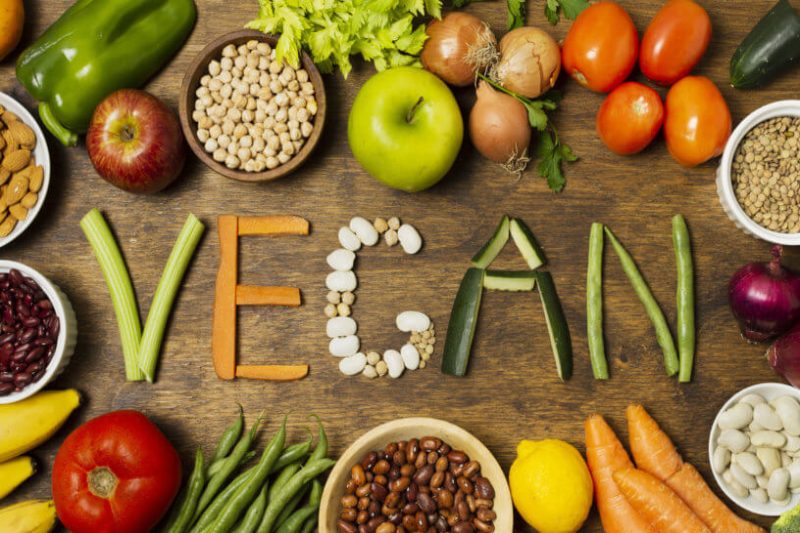According to new research, twins fed an experimental vegan diet for just two months experienced reductions in insulin, weight, and a protein linked to heart disease and stroke.
The results add to the body of evidence demonstrating that vegan diets can benefit humans in addition to the environment.
According to nutritional expert Christopher Gardner of Stanford University, “most of us would benefit from going to a more plant-based diet based on these results and thinking about longevity.”
In order to account for variations in genetics, upbringing, and lifestyle, the researchers divided the 22 pairs of identical twins who were in good health into two groups.
Healthy diets comprising fruits, vegetables, legumes, whole grains, nuts, and seeds were given to both groups. The only thing that separated the two sets of twins was that one of them also ate what is regarded as a healthy amount of meat, while the other only ate plant-based foods.
“Not only did this study provide a groundbreaking way to assert that a vegan diet is healthier than the conventional omnivore diet, but the twins were also a riot to work with,” Gardner explains.
“They dressed the same, they talked the same and they had a banter between them that you could have only if you spent an inordinate amount of time together.”
During the first four weeks of the study, each group had meals that were specifically cooked and delivered for breakfast, lunch, and supper. They were also given stringent guidelines on the snacks that they may have. They included staying away from processed foods and eating a wide range of food categories in moderation.
In the second phase of the study, participants were required to maintain the diet for an additional four weeks by doing their own grocery shopping and cooking.
“Weight loss was not discouraged, but it was not the goal of our diet program, which did not contain a recommended energy limitation.
“Participants were told to eat until they were satiated throughout the study.”
The twins on the plant-based diet saw the biggest gains in their cardiovascular health, however both groups saw improvements. They had a 20% reduction in fasting insulin as well as a 20% decrease in low-density lipoprotein cholesterol (LDL-C) levels.
This protein raises the risk of cardiovascular disease by moving fat molecules, particularly cholesterol, throughout the body. LDL-C should be at or below 100 mg/DL at its ideal level.
Prior to the intervention, the omnivores’ average level was 118.5 mg/dL; it decreased to 116.1. It decreased from 110.7 to 95.5 mg/dL in the vegan group.
The study also showed the anticipated decline in vitamin B12, but the researchers believe that because the decline was so brief, it had not yet reached a significant level.
If you follow a completely plant-based diet and make mistakes along the way, it can become more difficult to get some important nutrients, such vitamin B12. Supplements are frequently advised for people who completely give up meat in order to offset this impact.
Sadly, there has been a significant backlash against this dietary choice; in fact, even though the majority of people support the underlying ideas, the term “vegan” has gained negative connotations.
For those of us with dietary health concerns, it’s really challenging to achieve.
However, we also cannot ignore the mounting amount of data demonstrating the unquestionable health advantages of a plant-based diet. These include decreasing blood pressure, losing weight, and having a lower chance of developing diabetes and heart issues among various ethnic groups.
Increases in health markers were also observed in the control group, therefore it is evident that simply eating a more plant-based diet can also be advantageous.
Therefore, there’s a greater likelihood of changing attitudes and sticking with improvements if we steer clear of the tangled, divisive traps of black and white thinking and instead support one another in making healthier decisions rather than insisting on a complete transition to veganism.
This is acknowledged by the researchers.
“A vegan diet can confer additional benefits such as increased gut bacteria and the reduction of telomere loss, which slows aging in the body,” Gardner notes. yet “what’s more important than going strictly vegan is including more plant-based foods into your diet.”
Topics #improve heart health #Vegan diet










